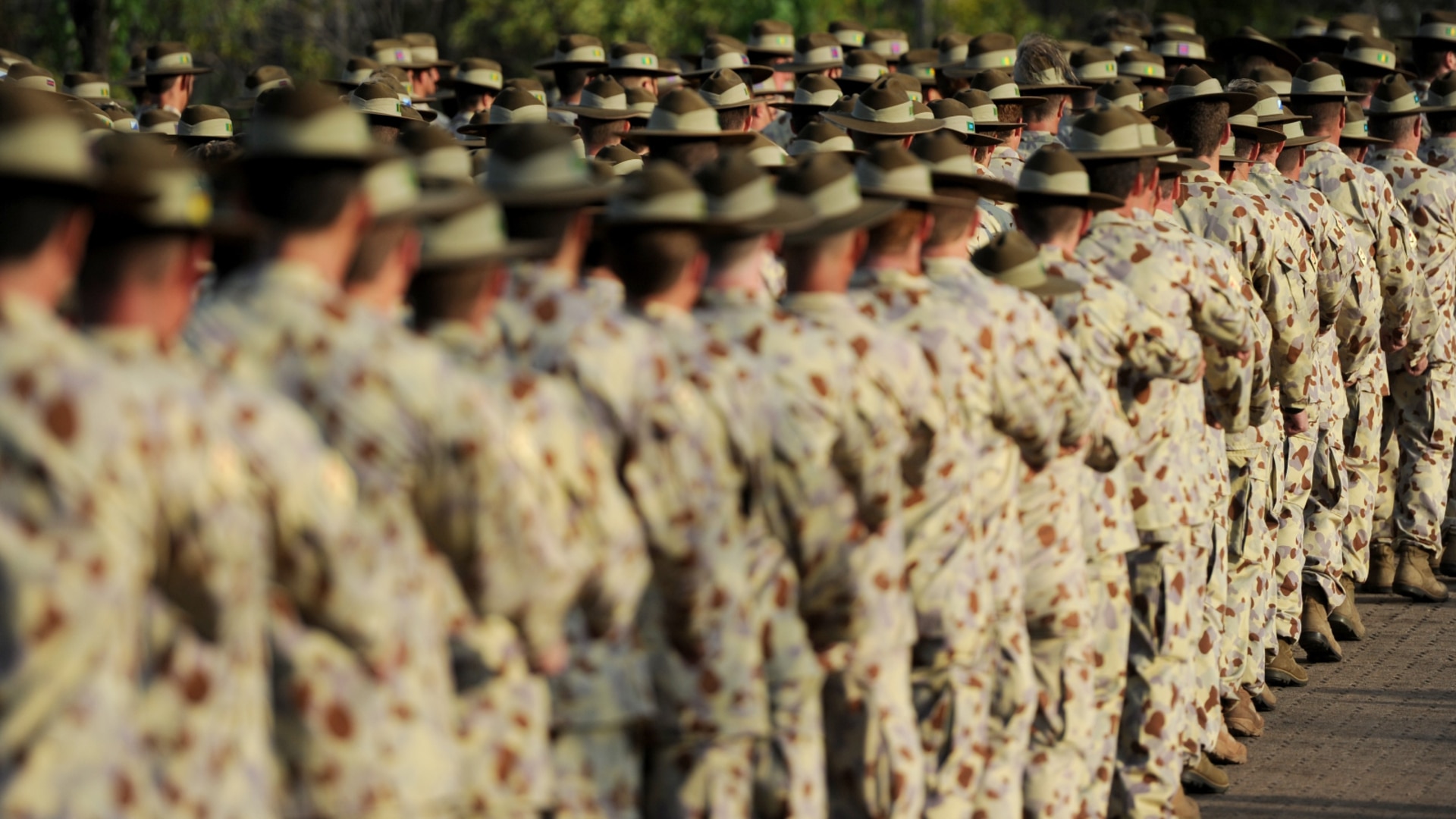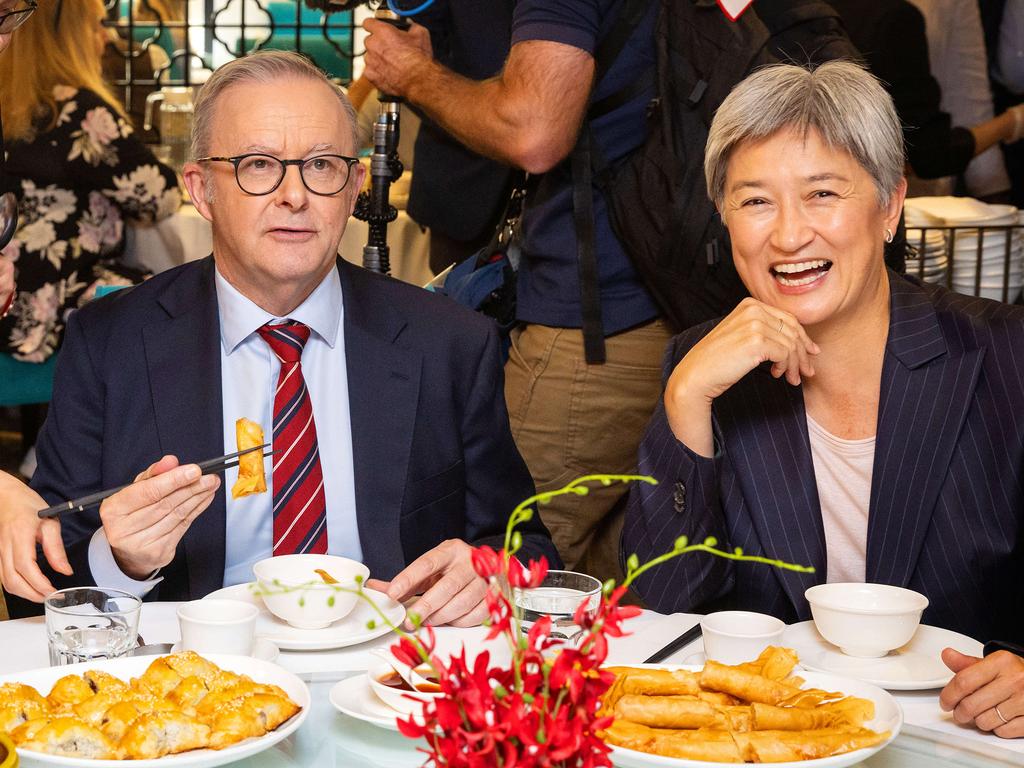Election 2025: National security policy hits the target but why did the Coalition wait so long?


Peter Dutton’s Coalition has trumped Labor on national security with an audacious plan to sharply increase defence spending to recognise the dramatic deterioration in Australia’s strategic circumstances.
Dutton’s pledge to increase defence spending from 2 to 2.5 per cent of GDP within five years, and then to 3 per cent within a decade, is the first serious pledge from either major party to accept that our military is gravely unprepared for this new era of global turbulence.
The greatest mystery is why Dutton waited so late in this election campaign to unveil a policy which reveals such a stark divide between the Coalition’s commitment to national security compared with that of the Albanese government. It gives the Coalition a clear point of difference on an issue that should be of concern to all Australians at a time of an increasingly belligerent China, a rogue Russia, a turbulent Middle East and an unreliable America under a maverick Donald Trump.
Despite repeated warnings from successive defence reviews that Australia faces the worst strategic circumstances since World War II, the Albanese government has stuck to a go-slow plan of modest increases in defence spending to lift it from the current 2 per cent to just 2.3 per cent in eight years’ time.
The government trumpets this as some sort of revolutionary rise in military commitment – $50bn over a decade – but in fact it is a slower increase in defence spending than almost every major Western ally. The government has talked a big game on defence while carrying a very small stick.

Britain recently pledged to lift its defence spending from 2.3 per cent of GDP to 2.5 per cent in just two years. Across western Europe, countries are committing to far greater increases in defence spending. Those that already spend more than Australia (as a proportion of GDP) include Poland (4.1), Greece (3.1), Denmark and Finland (2.4), Norway (2.2) and Sweden, Germany, Turkey and France (2.1).
Defence and national security have taken a back seat in this low-rent election campaign – where trifling tax cuts are pitted against trifling fuel excise concessions and presented as the most important issues facing the country.
Yet global events demand that greater attention is given to defence, just like we are finally seeing across Europe. Australia and the world’s democracies are confronted by a growing alliance between China, Russia, North Korea and Iran. China is quite literally running rings around Australia with provocative naval deployments, while Vladimir Putin’s Russia is playing mysterious games with Indonesia in an apparent attempt to gain a regional foothold for its warplanes.
Trump’s abandonment of US aid globally has left a massive soft-power vacuum in the South Pacific which Beijing is rushing to fill. What’s more, the ADF – according to the 2023 Defence Strategic Review – is “not fit for purpose” to face these threats and needs revamping. The AUKUS nuclear submarine pact will also swallow eye-watering amounts of funding for the next decade. All up, it is simply irresponsible for a government not to fundamentally change its thinking on defence spending in this current environment. Dutton has now done that. How will Labor respond?




